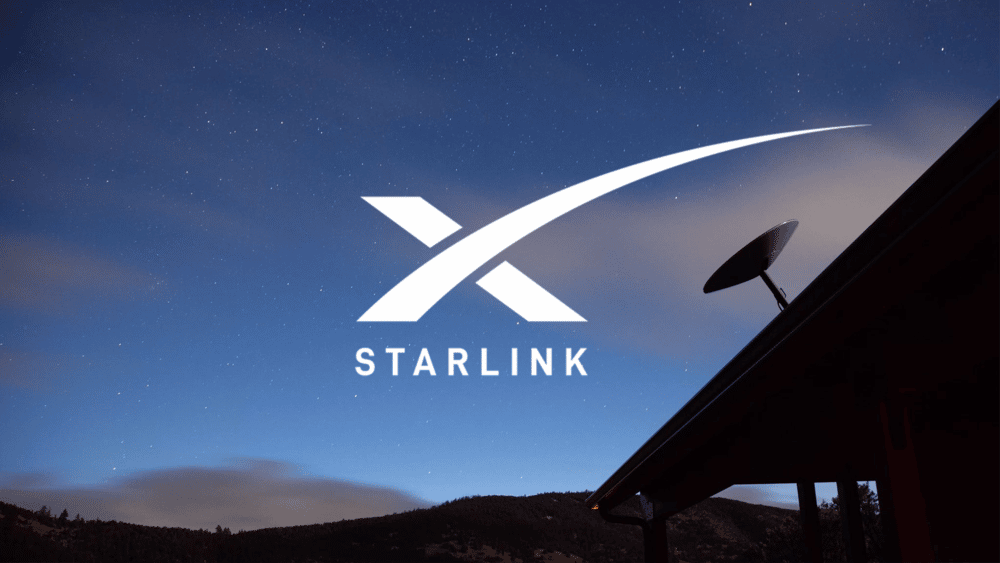Starlink’s potential entry into South Africa could revolutionize internet access, particularly in rural areas. However, regulatory challenges and debates over economic transformation policies present significant hurdles.
Thank you for reading this post, don't forget to subscribe!
In 2025, South Africa stands at a crossroads in its digital evolution. The potential entry of Starlink, Elon Musk’s satellite internet venture, promises to revolutionize internet accessibility, especially in underserved rural areas. However, this technological advancement is entangled in a complex web of regulatory, political, and economic considerations.
The Promise of Starlink
Starlink, operated by SpaceX, aims to provide high-speed, low-latency broadband internet globally through a constellation of low Earth orbit satellites. With over 5 million subscribers worldwide as of February 2025, Starlink has demonstrated its capability to deliver reliable internet services in regions where traditional infrastructure is lacking .
In South Africa, where many rural communities remain disconnected, Starlink’s technology could be transformative. By circumventing the need for extensive ground infrastructure, satellite internet can bridge the digital divide, offering opportunities for education, healthcare, and economic development in remote areas .

Regulatory Hurdles
Despite its potential benefits, Starlink’s entry into the South African market has been impeded by regulatory challenges. The country’s Electronic Communications Act mandates that foreign-owned telecom companies must sell 30% of their local equity to historically disadvantaged South Africans to obtain operating licenses .
Elon Musk has publicly criticized this requirement, labeling it as discriminatory. In response, South Africa’s Communications Minister, Solly Malatsi, proposed a policy amendment allowing companies to meet transformation obligations through “equity equivalent programs,” such as local supplier contracts and job creation initiatives .

This proposal has sparked debate. While some view it as a pragmatic approach to attract foreign investment and enhance connectivity, others argue it undermines the country’s commitment to economic transformation. Malatsi has emphasized that the policy change is not designed to favor Starlink specifically but aims to balance investment attraction with transformation goals.
Opposition and Concerns
The proposed policy shift has faced criticism from various quarters. Opposition parties and civil society groups express concerns that easing ownership requirements could set a precedent, allowing foreign companies to bypass transformation objectives. They argue that such changes might compromise efforts to redress historical inequalities and promote inclusive economic participation.
Additionally, local telecom operators have expressed apprehension about Starlink’s potential market disruption. Companies like Vodacom have supported the enforcement of existing BEE laws, emphasizing the importance of adhering to national regulations that promote inclusivity and redress historical inequalities .
Public Access and Affordability
While Starlink’s technology offers high-speed internet, affordability remains a concern. Analysts suggest that only about 20% of South Africans might be able to afford Starlink’s subscription fees, potentially limiting its reach to wealthier individuals and businesses .
This raises questions about whether Starlink can truly bridge the digital divide or if it will primarily serve already connected populations. To maximize its impact, considerations around subsidizing costs or implementing community-based access models may be necessary.
Enforcement and Unauthorized Use
Despite not having official authorization, some South Africans have reportedly accessed Starlink services by registering equipment in neighboring countries and utilizing roaming options . In response, the Independent Communications Authority of South Africa (ICASA) has initiated crackdowns on unauthorized usage, emphasizing the need for compliance with national regulations .
Looking Ahead
The potential entry of Starlink into South Africa presents both opportunities and challenges. While it could significantly enhance internet accessibility, especially in underserved areas, it also necessitates careful navigation of regulatory frameworks and socio-economic considerations.

As the government deliberates on policy amendments and stakeholders voice their perspectives, the outcome will likely shape the future of South Africa’s digital landscape. Balancing technological advancement with equitable economic participation remains a critical endeavor.





